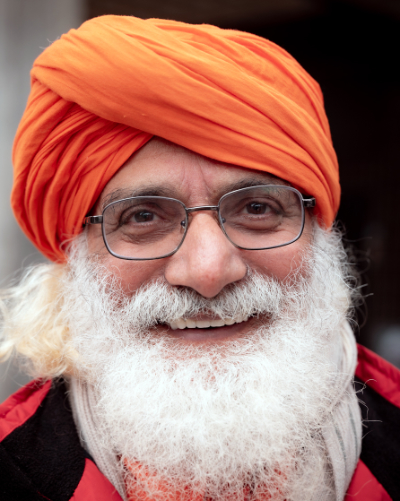
We are happy to present the second issue of Neohumanist Review to our readers. The prime focus of this issue is on climate challenges.
The very fabric of the web of life today is at risk. Unless we realize the interdependent nature of the ecosystem of planet Earth and beyond, we may not be able to resolve the issue of climatic challenges to any satisfying degree. First, there is much that still needs to be researched and understood from an astrophysicist perspective. Cataclysms and collapses are possibly regular cosmic phenomena that need to be better understood. Second, calamities have been a fact of life on Earth since its very inception. However, calamities turn into disasters when we are unprepared and even ignore them. Human ingenuity lies in anticipating nature’s fury and protecting all living beings as far as possible.
In this issue, we have captured a few diverse perspectives on climate change and other neohumanistic topics. Both Dr. Matt Oppenheim and Dr. Michael Towsey provide constructive policy material in their articles on indigenous ways and climate past, present and future. Their sound perspectives lead us to Shrii Prabhat Ranjan Sarkar’s notion of dynamic balance as the touchstone of dealing with appropriate preparedness for the complex forces at work in nature.
We have also curated some very illuminating articles from our diverse and cutting-edge neohumanist scholars. Christian Franceshini has put together an innovative piece on bio-psychological vitality and the role of Shukra—an ayurvedic concept. We follow that with Shrii Sarkar’s discourse on vital airs, touching on the yogic perspectives on body, mind, and consciousness.
Dr. Carlos Torre enlightens readers on the significance of relational education, elucidating on the virtues of care, empathy, and awakening thirst for knowledge in each student. Marilyn Mehlmann presents an inspiring piece on Transformative Learning focussing on the power of empathy and the value of transformational skills.
Finally, Dr. Richard Gauthier presents microvita as a fresh hypothesis and an alternative to the conventional belief in abiogenesis. He attempts to relate the world of consciousness and its role in the creation of the universe and proposes a laboratory experiment that could show the presence of cosmic mind behind the origins of our universe.
We hope this issue will inspire new generations to think creatively and rationally in attempting to resolve the effects of climate change—one of the most important the challenges of our times.
Published in Neohumanist Review, Issue 2, March 2024, p 3.